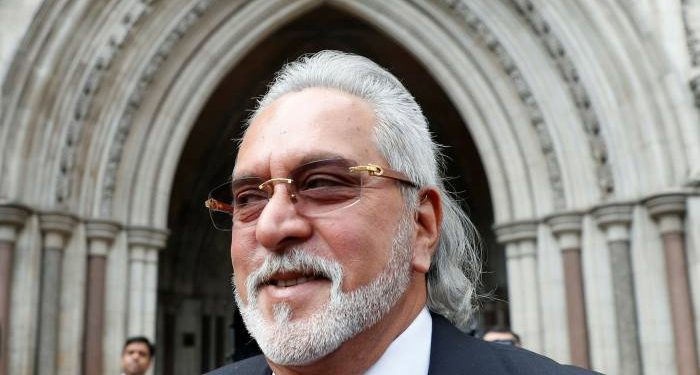London: Vijay Mallya filed Monday an application seeking leave to appeal in the UK Supreme Court, exactly two weeks after the embattled liquor baron lost his London High Court appeal against an extradition order to India on charges of fraud and money laundering related to unrecovered loans to his now-defunct Kingfisher Airlines.
The 64-year-old businessman had 14 days to file this application to seek permission to move the higher court on the High Court judgment from April 20. The High Court had dismissed his appeal against a Westminster Magistrates’ Court extradition order certified by the UK Home Secretary.
“The leave to appeal has been filed. We have until May 14 to respond,” said a spokesperson for the UK Crown Prosecution Service (CPS), which represents the Indian authorities in the legal process of the extradition.
The leave to appeal to the Supreme Court is on a point of law of general public importance, which according to experts is a very high threshold that is not often met.
“The High Court effectively ruled that even if the approach of the Chief Magistrate was wrong, her decision was not wrong. It is therefore clear that Mallya now faces a significant hurdle in getting it to the Supreme Court,” said Toby Cadman, co-founder of Guernica 37 International Justice Chambers and an extradition specialist.
As a further step, in principle, Mallya can also apply to the European Court of Human Rights (ECHR) to prevent his extradition on the basis that he will not receive a fair trial and that he will be detained in conditions that breach Article 3 of the European Convention on Human Rights, to which the UK is a signatory.
The threshold for an ECHR appeal is also extremely high, with very limited chance of success in Mallya’s case because he would also have to demonstrate that his arguments on those grounds before the UK courts have been previously rejected.
Therefore, the dismissal of the High Court appeal last month marked a major turning point for the Central Bureau of Investigation (CBI) and Enforcement Directorate (ED) case against the businessman, who has been on bail in the UK since his arrest on an extradition warrant in April 2017.
“We have held there is a prima facie case both of misrepresentation and of conspiracy, and thus there is also a prima facie case of money laundering,” Lord Justice Stephen Irwin and Justice Elisabeth Laing, the two-member bench at the Royal Courts of Justice in London presiding over the appeal, had ruled last month.
Mallya had expressed his disappointment at the ruling and indicated plans for further ‘legal remedies’ and also challenged the alleged Rs 9,000 crore figure of the unpaid loans to India’s state-owned banks led by State Bank of India (CBI).
“I am disappointed with the media narrative which states that I must face trial in India for a fraud of Rs 9,000 crores. Please note that the allegations against me and others are specifically and only related to three tranches of borrowing from IDBI Bank for a total of Rs 900 crores in 2009,” he said. “I have repeatedly offered to repay the banks in full, but sadly to no avail,” he added.
PTI






































